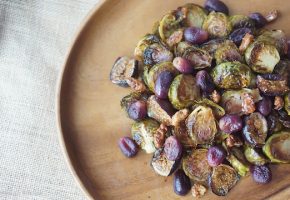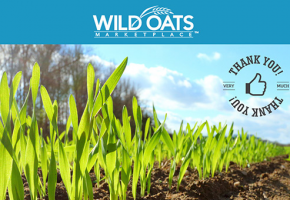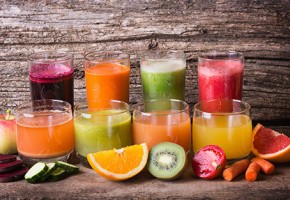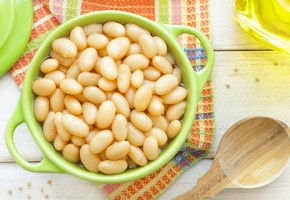OUR VOICE

Is Hydroponic Farming Organic?
By Oatie at Wild Oats | 0 Comments | Posted 11/29/2016Here at Wild Oats we’re all about organics and informing our community on how to nourish their bodies and minds with the best. In most recent news, it’s hydroponic and aquaponic farming, in fact, this alternative method of producing fruits
READ MORE

Five Thanksgiving Sides Dishes You Need to Try
By Oatie at Wild Oats | 0 Comments | Posted 11/22/2016Thanksgiving is just around the corner and although the talk is all about Turkey, sides might be my favorite part of the entire meal. While on the hunt for some new favorite side dishes, I found these delicious recipes that
READ MORE

Wild Oats Announces Next Step in Affordable Organics Movement
By Oatie at Wild Oats | 78 Comments | Posted 10/27/2016First off, we would like to extend our heartfelt appreciation to our amazing customers for their ongoing support as we continue to lead the effort to make affordable organics available to all. As many of you know, Wild Oats has
READ MORE

Eating Versus Drinking Calories: What’s the Difference?
By Elizabeth Chatellier, MA, RDN | 0 Comments | Posted 10/20/2016According to researchers, your brain registers liquid calories differently than it does from eating solid foods. For example, say you were to drink a tall glass of orange juice. OJ is naturally high in sugar, and sugar contains calories. An
READ MORE

Lovely White Beans with Rice
By Elizabeth Chatellier, MA, RDN | 4 Comments | Posted 10/19/2016Over fifteen years ago, the mother of my first boyfriend taught me how to make the most delicious white beans with rice. White beans add a wonderful body to any rice or pasta dish. This recipe is based on her
READ MORE



 Contact us
Contact us





























